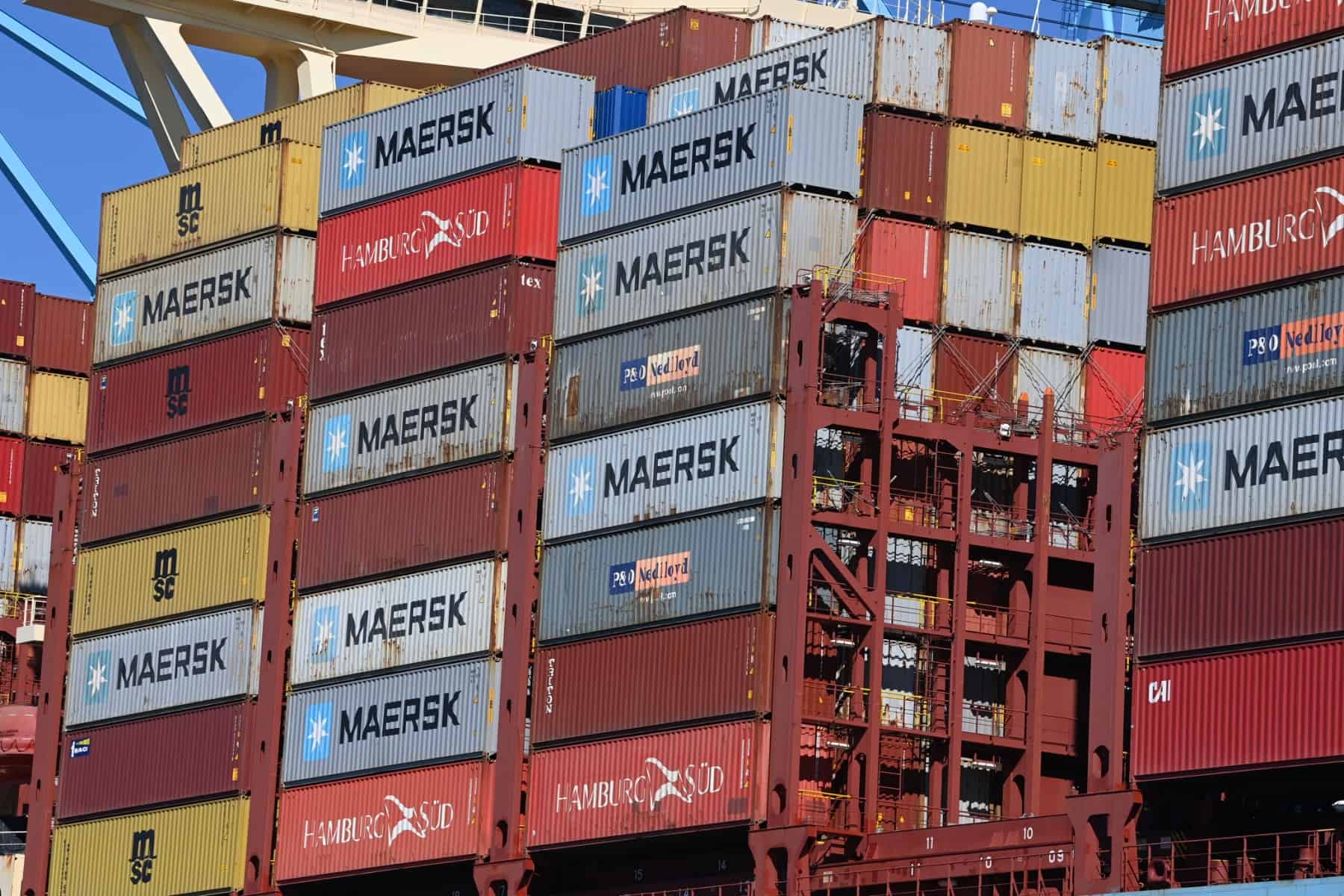Copenhagen, Denmark – Danish shipping giant Maersk reported Thursday a hefty drop in first-quarter earnings, hit by a decline in freight volumes after the surge seen as the global economy rebounded from the Covid-19 pandemic last year.
For the first three months of the year, Maersk had a net profit of $2.3 billion, down from $6.8 billion a year earlier.
The result fell short of analyst expectations, as Maersk also reported a 26 percent drop in revenue to $14.2 billion.
A survey by Bloomberg saw analysts expecting revenue to come in at $14.5 billion and net profit at $3.5 billion.
In February, the shipping company reported a net profit of $29.2 billion for last year, the highest earnings ever reported by a Danish company, on soaring demand with the end of pandemic shutdowns that had crippled economies worldwide.
But it had noted that the logistics market had begun to “normalize”.
The first-quarter results “reflect the normalization of global demand and supply, characterized by the inventory corrections seen in Western economies over the past two quarters”, Maersk said, leading to “significantly lower profitability of the three main businesses”.
In the Ocean division — by far its largest, covering shipping activities — turnover fell by 36.6 percent to $9.9 as a result of lower freight rates and volumes caused by the slowdown in demand.
Maersk said that easing supply bottlenecks and consumer demand had led to an “inventory overhang,” but that it expected a “more normal business environment” in the second half of the year.








